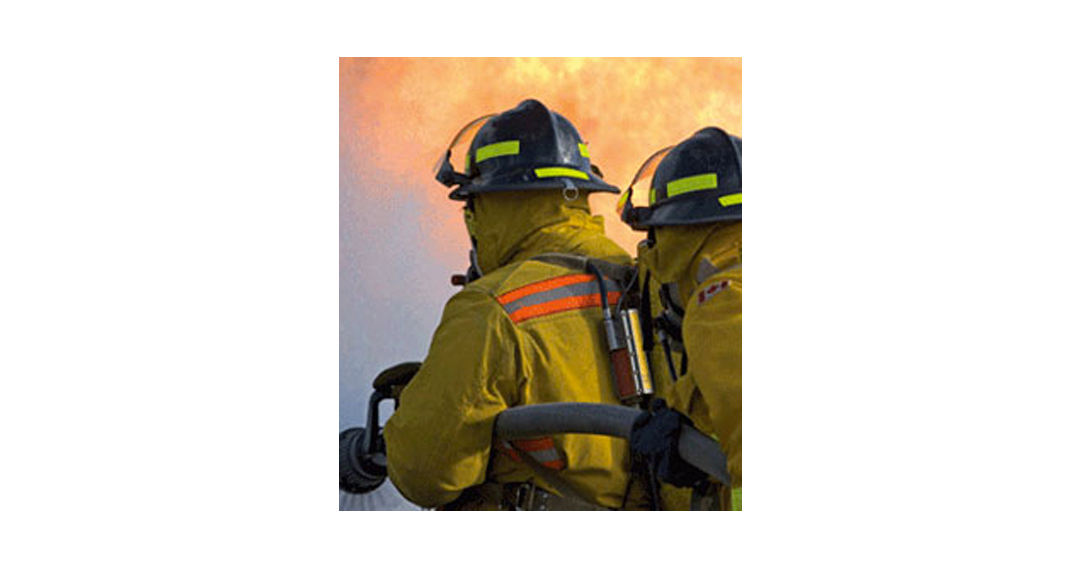A commercial fire can be a catastrophic event leading to property destruction and even loss of life. As a small business owner, you have the responsibility to have a fire safety plan in place. There are four key ingredients in this plan. We hare some tips from Small Business Chronical on your fire safety plan.
Fire Prevention
OSHA regulations require all businesses with 10 or more employees to have a fire prevention plan. The plan must be in writing, must be kept on the company premises and be available for all employees to review. Minimum requirements for the fire prevention plan include a list of all potential fire hazards in the workplace, handling and storage procedures for any hazardous materials, and information on ways to prevent or control the ignition of fires. The plan must also include the names or job titles of employees and their various fire prevention responsibilities.
Emergency Evacuation
An emergency evacuation plan is critical to an office fire policy, and all employees must be aware of the plan and the procedures to follow in case an evacuation is necessary. The plan should include information on the roles of employees in an evacuation, names of those designated as authorized fire marshals, and next-of-kin contact information for all staff members. Include a list of emergency exits for employees to use, such as stairwells instead of elevators. Establish evacuation procedures such as orderly filing out of the building, and make note of a specific assembly point at a safe distance from the premises.
Fire Equipment
A comprehensive office fire policy includes full information on the type of fire-fighting equipment available, such as fire alarms, sprinkler systems and fire extinguishers. The policy lists the names of employees responsible for maintenance and operation of the equipment. It outlines a schedule to ensure that all designated staff receive training necessary to carry out these duties, and names those employees who are responsible for monitoring attendance at training.
Business Continuity
The business continuity section of the fire policy should also cover the impact of a fire on business and strategies for recovery. After a fire, business must continue if the company is to survive. Backups of all company information and records are necessary to enable operations to proceed, so the fire policy includes responsibility for making regular backups in advance, storing critical materials offsite in a secure location and following a contingency plan for temporary premises that can accommodate all staff.
Conclusion
If you need help with your commercial fire safety plan, give us a call. We will work with you to develop a plan that will meet your needs as well as your budget.
• Fire Rated Panels and Keypads
• Initiating Device
• Notification Devices and procedures



